System analysis MOOCs for sustainability transformation
The world is becoming increasingly complex. International organizations such as the UN, WHO, OECD, and EU now point to the need for systems analysis to correct policies that have failed to produce sustainable developments. Laboratory experiments have revealed that people misunderstand nonlinear, dynamic resource systems and opt for quick fixes that often fail to produce the expected welfare. Due to this lack of understanding, electorates easily fall prey to fake news and misleading advice. While there is clearly a need for better understanding, there is hardly any capacity to teach systems analysis. Organizational and social scientists lack the conceptual tools to analyze dynamics. Systems analysis with System Dynamics (SD), has the mathematical rigor of methods used in the hard sciences. Still, the SD methodology has a keen focus on providing basic understanding of how social and natural systems work. User friendly tools and techniques simplify the otherwise demanding analysis. Since SD is problem oriented, it is by default interdisciplinary and thus contributes to transversal competencies that are not job or sector specific. While SD studies have contributed to systems thinking, and will do so in our project, SD should not be confused with simplified systems thinking. The objective of the strategic partnership is to produce a set of MOOCs that will enable a comprehensive education in System Dynamics with a focus on sustainability transformation. By pulling together, the partners will be able to overcome the current capacity limitations. The project contributes to modernization of higher education (HE) and addresses many of the horizontal priorities: opportunities for all (MOOCs supporting critical thinking); social inclusion (facilitate discussions with students globally); common values (deep reasons for good European values); environmental and climate goals (sustainability transformation); innovative practices in a digital era (free access to interactive learning environments (ILEs) to practice acquired knowledge and to teach); and transparency of skills (models facilitate learning from experiences in related fields).
PROJECT FUNDED BY:
Erasmus+
PROJECT DURATION:
From 1st of September 2020 until 31st of August 2023
PROJECT BUDGET:
33 652,00 EUR (altogether 409 548,00 EUR)
SCIENTIFIC LEADER OF THE PROJECT:
Andra Blumberga
PUBLISHED:
10.09.2020.
PROJECT PARTNERS:
From Latvia:
Riga Technical University
From other countries:
University of Bergen, Norway
Stichting Katholieke Universiteit, Netherlands
Universidade NOVA de Lisboa, Portugal
University of Mining and Geology, Bulgaria
Università della Svizzera italiana (USI), Switzerland
Boğaziçi University , Turkey


